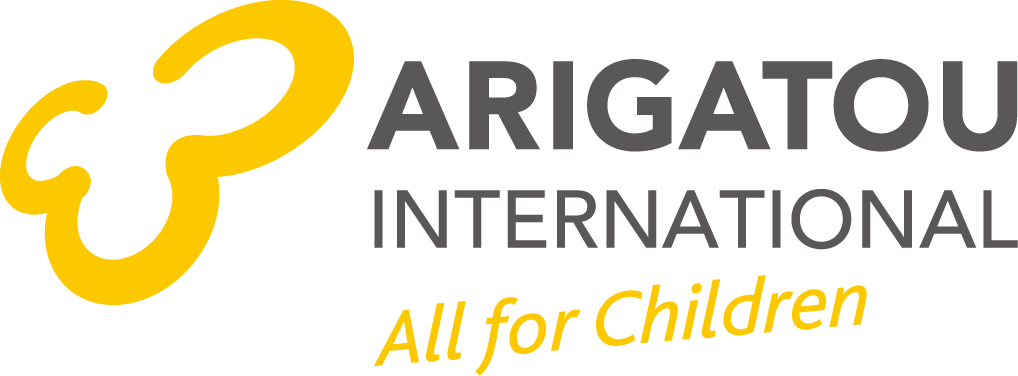Child Agency
Participation is intrinsically related to empowerment. Without genuine empowerment, participation can quickly become tokenism or a way to maintain power relations; similarly without meaningful participation, children cannot be empowered to take action.
Empowerment and participation are considered in Arigatou both means and ends, processes and outcomes.
For Arigatou International, we believe in the importance of fostering the agency of the child and strengthening a culture within the organization and in the work with our partners that enable children to have their say, work together with others and make a difference in their communities.
Being able to make choices and decisions to influence life events and to have an impact on one’s world, gives children the opportunity to develop their identity, sense of purpose and contributes to their well-being.
Silvia Mazzarelli, GNRC coordinator for Latin America and the Caribbean, talks about why participation is important for the development of the child and how we can avoid adultcentrism in order to ensure a meaningful participation of children in all aspects and decisions that concerns them.
Words for the launching of the Faith and Children’s Rights Study
Lamija – Bosnia & Herzegovina
Esselamu alejkum, peace be upon you. My name is Lamija Hašimović, I am a Muslim and I come from Bosnia and Herzegovina, more precisely from a city called Visoko. I am an activist at a Muslim organization called “Youth Network”, as well as at the Association of Women for Interreligious Dialogue in Family and Society “Mozaik”, and the Global Network of Religions for Children.
My country is known for its natural beauty, Bosnian coffee, and unique culture. Unfortunately, it is also known for the ethnical rooted war between Bosnians, Serbs, and Croats and for the Srebrenica genocide where more than 8000 Bosnian were killed. Most of them men and boys; boys whose children’s rights were not respected. After 25 years, we continue striving to overcome the aftermath of the war, which also involves the need to respect the rights of all children.
This year, me and other 102 children were invited to participate in this Study by sharing our views about faith and children’s rights. In my country, for example, we said that we feel safe in our faith communities and when we gather with other children, but often we do not feel our rights respected in other environments. This study helps us to know our rights and knowing them is a first step towards realizing them. This study gives us a view of the opinion of religions about children’s rights and can help us to connect with our religious leaders. It helps us to spread a positive perspective on religion among people we know and encourage respect. Furthermore, it encourages us to advocate for our rights in our schools, to raise awareness through workshops -for example- and to report when our rights are violated. It helps us to know that we are not alone in all of this and that we have someone to rely on.
With the support of Arigatou International, we have the opportunity to commemorate significant dates together with religious leaders and communities, and to work together to build peace and improve the lives of children including, the International Day of Peace, the International Day for the Eradication of Poverty, and the World Day of Prayer and Action for Children.
Through the work of the Youth Council and the GNRC activities including the promotion of the Panama Declaration, we work to promote children’s rights with the focus that every child grows up without violence and poverty. Children are the reflection of our actions and it is our duty as people of faith to take care of them because our future is in their hands.
Speech pronounced by Lamija during the official launch of the Faith and Children’s Rights Study in Geneva, on 19 November 2019

